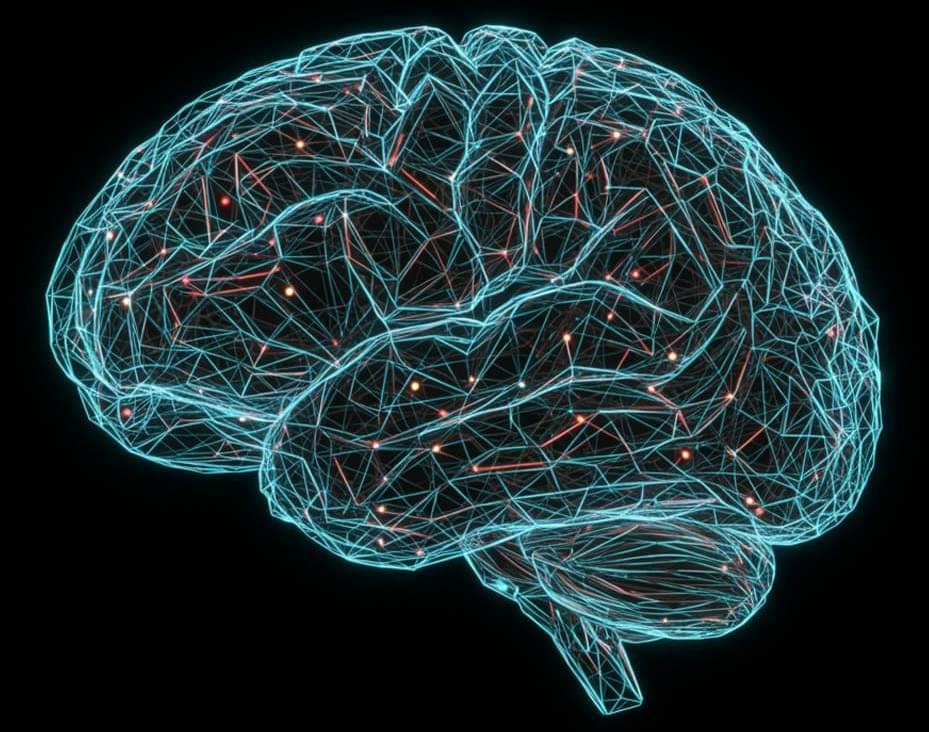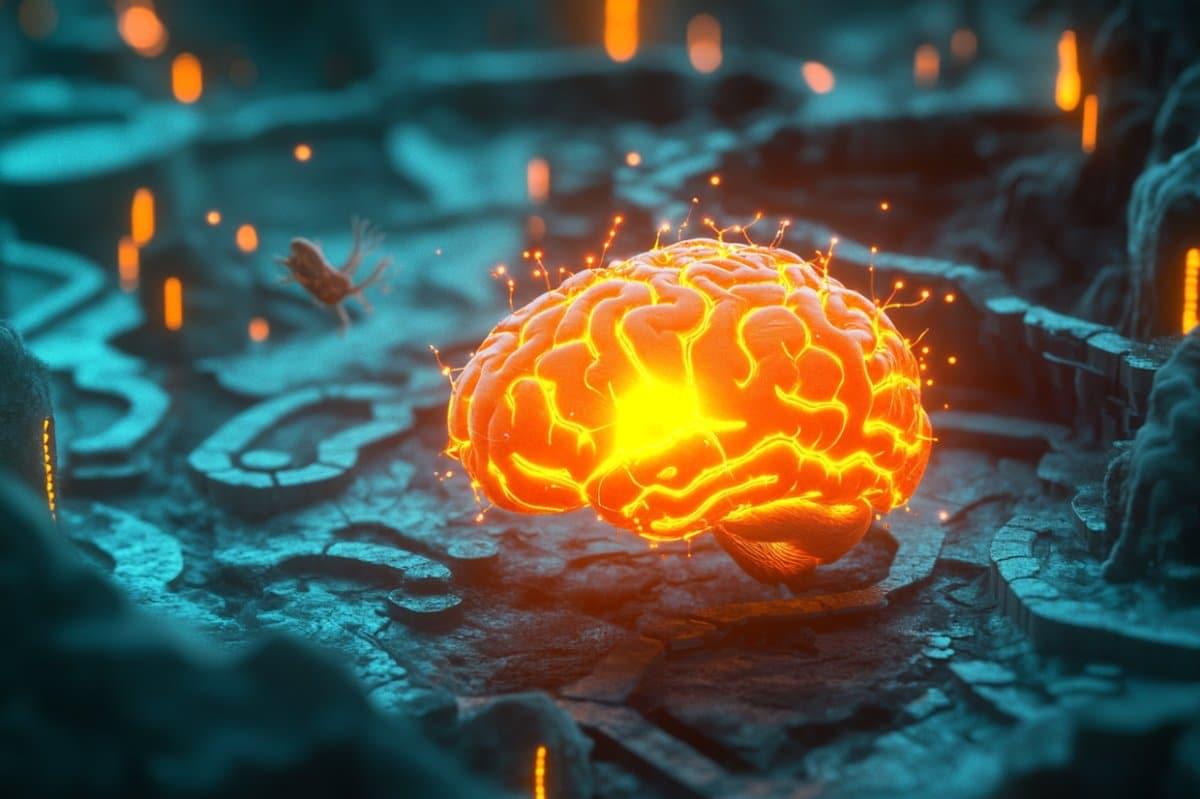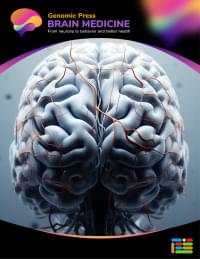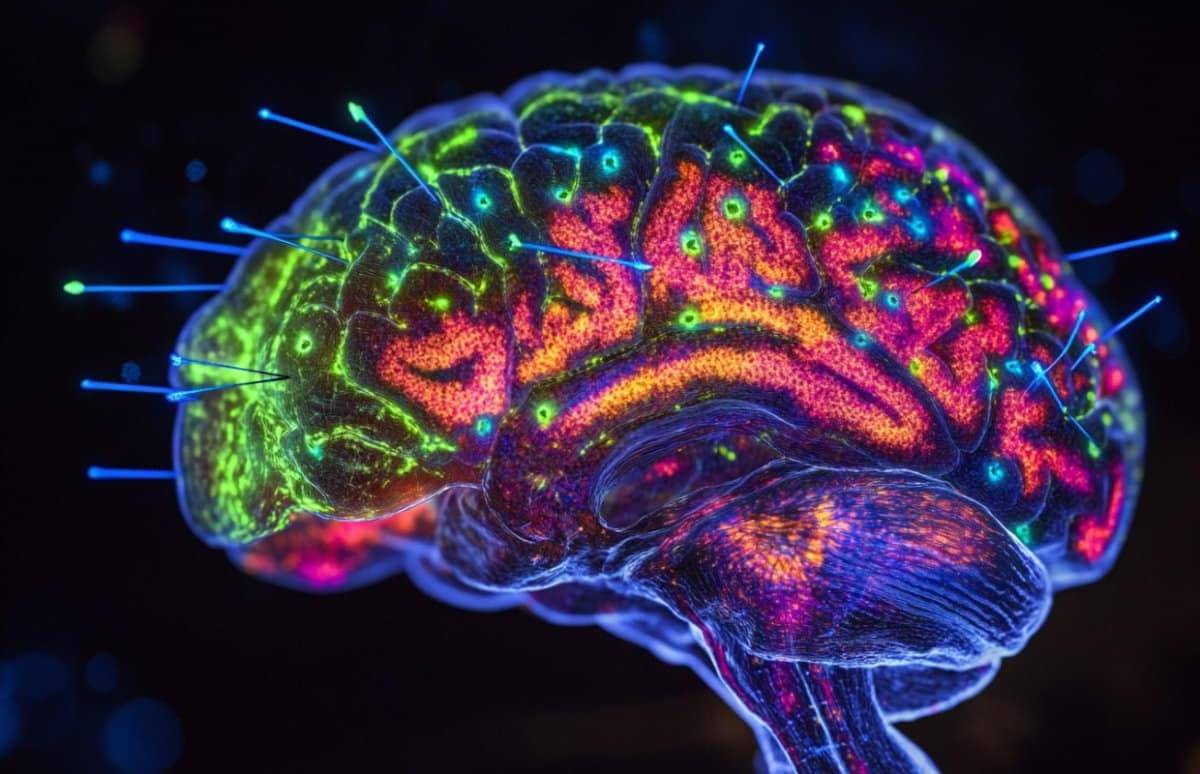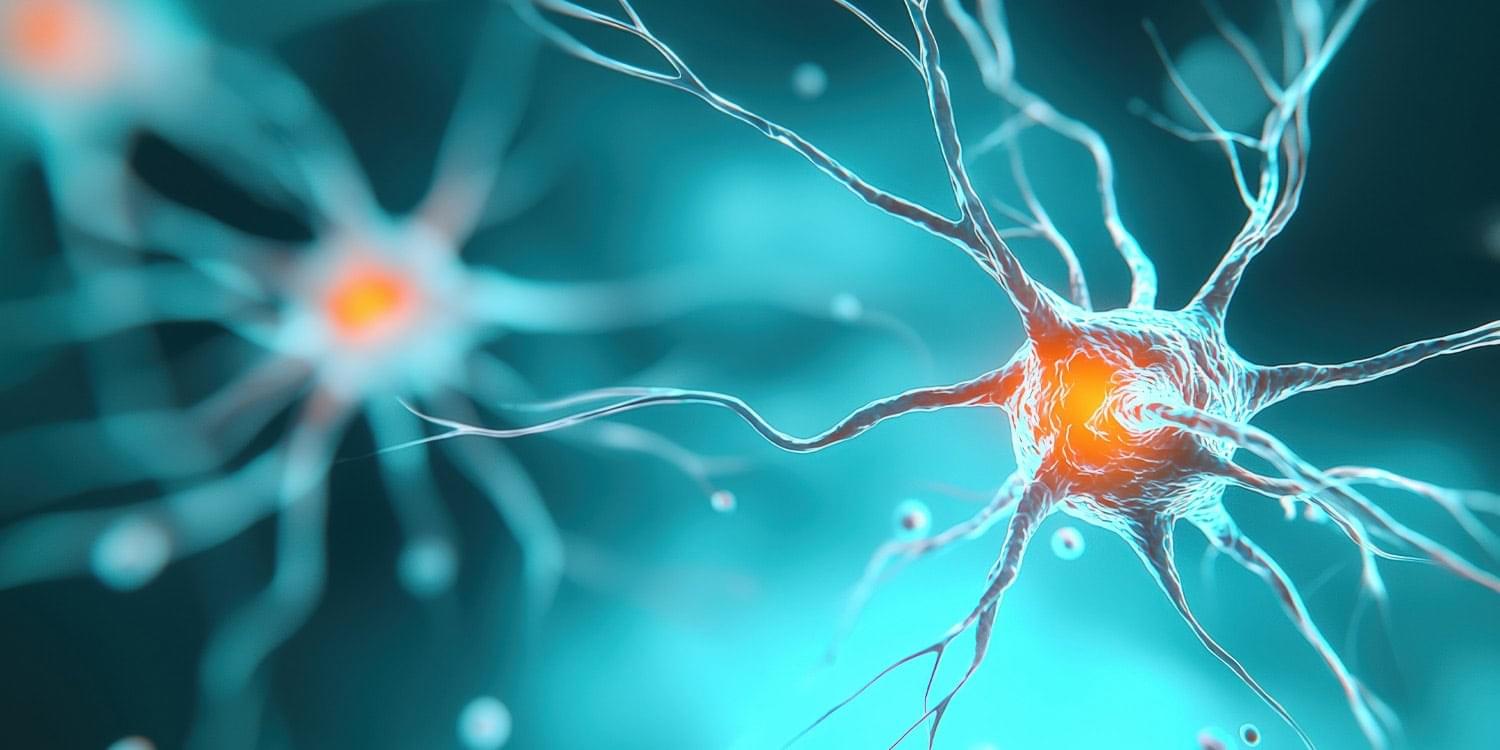Sitting might be a comfortable and convenient way to spend much of your day, but a new study of older adults suggests it can lead to brain shrinkage and cognitive issues, irrespective of how much exercise you’re managing to fit in.
The research counters the idea that periods of sitting can be balanced out by periods of being active, at least when it comes to brain health in people aged 50 or above.
The study researchers, from Vanderbilt University, the University of Pittsburgh, and Seoul National University, think that too much sitting or lying down (known as sedentary behavior) can impact the brain and increase the risk of different types of dementia later in life, including Alzheimer’s disease.

